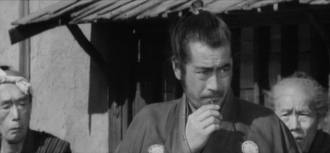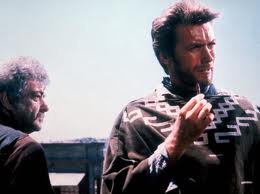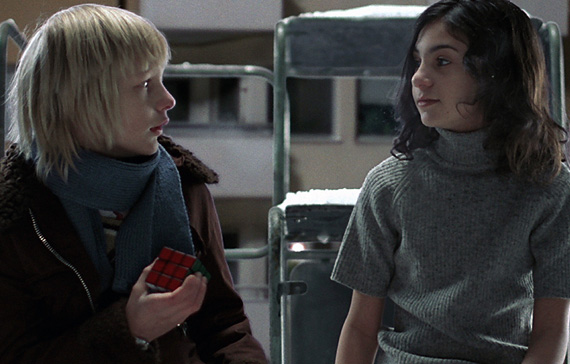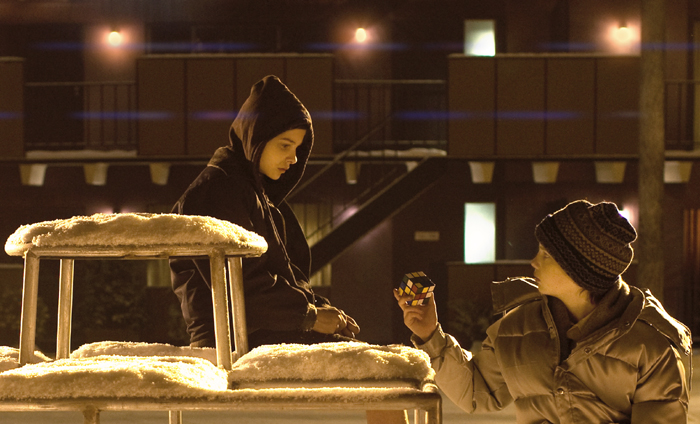In recent years, Hollywood has turned more frequently to European and Asian films for material to remake. Many of these films are met by groans of disappointment from fans of the original and those more well-versed in foreign film. In 2010, we have already seen remakes of Death at a Funeral, The Dinner Game and Let the Right One In with film fans asking the question, "why?"
Like many issues in popular culture, there is a long history, and English-language remakes is no exception. German Fanfaren der Liebe and Japanese Yojimbo were turned into Some Like it Hot and A Fistful of Dollars: both are considered modern classics.
There was a rise in remakes in the 1990s. Some were commercial hits, such as James Cameron’s action comedy True Lies which made over $378 million worldwide. The remake of the French short La jetee, Twelve Monkeys, received mass amounts of critical praise and has become a sci-fi classic. But there were a number of horrible remakes to balance the universe: Roland Emmerich’s remake of the classic Japanese film Godzilla, for example.

As far as what works, adaptations of crime films tend to be successful. Christopher Nolan’s first for-hire gig was a remake of the Norwegian film Insomnia. His version was met with great critical acclaim and helped Nolan land the Batman gig. Martin Scorsese was able to find success with The Departed, an adaptation of the Hong Kong crime thriller Infernal Affairs. Scorsese won his long overdue Oscar and The Departed was loved by critics and audiences.
Crime is universal problem that affects every country, whether it’s street crime, serial killers or organized crime. Because of this crime, films can easily be translated into America’s wide range of terrains. If a film focuses on a particular organized crime mob, then a Hollywood remake can easily focus on the Mafia, Irish gangsters or the Triads.
There is a simple reason why Hollywood turns to foreign films for remakes: they are popular within their own country and yet they do not have a wide audience in America. But compared to the 1950s and 1960s, audiences are now more film literate and use the Internet to find out about foreign films. A film can gain cult status more quickly, whether it’s ultra-violent fair like Oldboy to Cannes favorites such as The White Ribbon. Producers have a cynical view that audiences are too lazy or stupid to read subtitles, but film audiences are willing to seek out a quality foreign film, regardless of language and look for films in theatres and on DVD.
Many films, regardless where they are made, are a reflection and product of culture, politics and society of the nation they are made in. Often times ideas and themes have to be changed when they are transferred into an American film as that can easily be lost in translation. A film that did not warrant a remake, for example, was The Wicker Man, where the film was transferred from a Scottish island to the an island off the coast of California for the 2006 Nic Cage remake, changing the themes of Christianity and Paganism to some nonsense about a female-dominated island wanting a man.
Many Asian filmmakers, particularly Japanese and Korean, are much more willing be edgy and risqué with violence, sex and storytelling, compared to Hollywood's preferred safer route. Remakes of Oldboy and Battle Royale have been speculated, but there is no way a Hollywood film would dare make the same ending as Oldboy or have a film about 15-year-olds forced to fight and kill each other. J-Horror remakes are examples of Hollywood dissecting the best bits and ideas of the original film.
Some filmmakers have remade their own films believing that it would gain their original story a wider audience. Michael Haneke remade his Austrian film Funny Games in 2007 with Naomi Watts, Tim Roth and Michael Pitt. But Haneke failed to impress with him remake and the American Funny Games did not match the original films Rotten Tomatoes or IMDB scores.

Of course remakes have worked but there are reasons behind it. Kurosawa’s films Yojimbo and Seven Samurai were both great films and successfully remade into A Fistful of Dollars and The Magnificent Seven, but the irony is Kurosawa was influenced by American Westerns and simply placed his stories into a Japanese context. His films could easily be put in an American setting as a result. The same goes for the Infernal Affairs Trilogy, which was heavily influenced by American thrillers, just set in Hong Kong.
There were fears that the remake of Let the Right One In was going to be a quick cash-in on its cult status. Luckily Let Me In has been met with critical praise. Let Me In is also an adaptation of the original novel by John Ajvide Lindqvist, so the filmmakers had another source to turn to.
Like adapting any source material, if a remake is treated with respect then a strong film can be made. If respected directors, writers and actors are attached then there's a perfectly good chance of success with critics and audiences. One of the most anticipated films of 2011 is David Fincher’s adaptation of Stieg Larsson’s The Girl With the Dragon Tattoo which was already a popular Swedish film. But unlike Nolan and Scorsese’s film adaptations, Fincher is setting his film in the nation of its origins which will be intriguing.
There are films which can be easily remade and transferred to America, but there are film that better left as a foreign film and Hollywood should not look at remakes as a simple quick cash in.